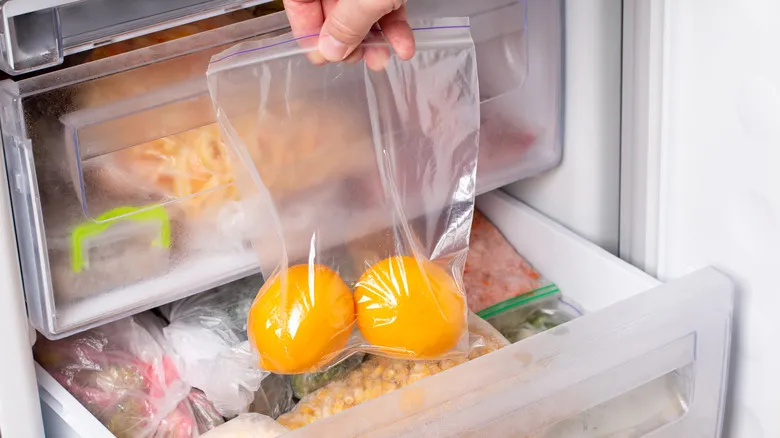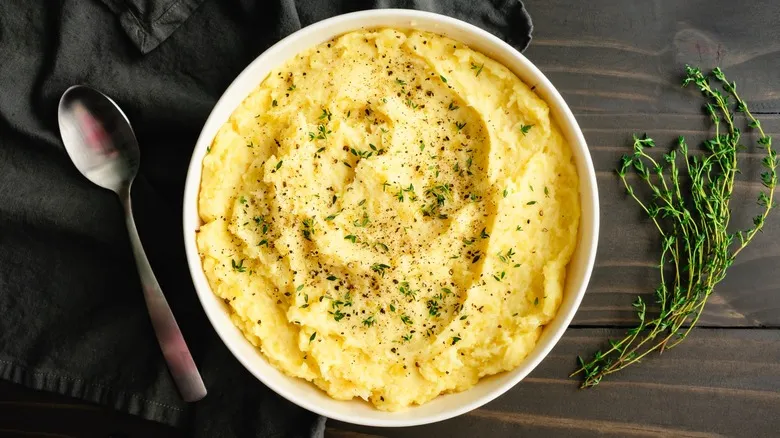The convenience and nutritional benefits of frozen whole lemons

Once a lemon is frozen, zesting and juicing become effortless. For starters, grating the skin of the solid fruit is much simpler than trying to scrape the usual soft, unfrozen version. Moreover, when you thaw the lemon, juicing it becomes a breeze as the pulp softens. Squeezing it creates less resistance, resulting in significantly more juice than with any other method.
However, using frozen whole lemons doesn't always require zesting and juicing. In fact, the simplest way to enjoy the frozen citrus is to grate the entire fruit. Once the lemon is completely frozen, grab a grater and shred everything—from the peel and pith to the pulp, and even the seeds (if there are any). You won’t have to worry about a bitter taste from the rind, as freezing softens the flavor. The result is a fluffy mixture that resembles lemon snow, which you can transfer into ice cube trays, store in the freezer, and use later to enhance salads, soups, sauces, and beverages.
This grated frozen whole lemon not only imparts a wonderfully fresh citrus flavor to your dishes but is also packed with nutrients. The rind contains more nutrients than the juice, so by grating the entire lemon, you can enjoy the full nutritional benefits in every dish you incorporate it into—ranging from vitamins and minerals to fiber, essential oils, and even proteins.
Freezing whole lemons isn't without its drawbacks

While individual taste perceptions can differ, many people agree that frozen lemons have a slightly altered flavor compared to fresh ones. This can be a drawback, as your lemonade or lemon-infused water might taste a bit off. Nevertheless, frozen lemons can still be useful for cooking and baking. Another downside to freezing whole lemons is that they tend to become mushy upon thawing, which limits their applications; you'll want to avoid using them in dishes where presentation matters, such as garnishing drinks.
If these issues are a concern, consider processing the lemon into separate components before freezing. For instance, you can grate the fresh lemon and freeze the zest, or extract the juice and freeze it in ice cube trays. Alternatively, you could skip freezing altogether and store the lemons in a refrigerator at the appropriate temperature, ensuring you use them before they spoil.
So, should you freeze whole lemons? It ultimately depends on your intended use. If you're primarily after the juice and are okay with a change in texture, freezing may be a viable option. However, if you want the lemons to retain their fresh appearance and flavor, it's likely best to keep them in the fridge and consume them before they lose their freshness.
Recommended

Alton Brown Raises The Bar On A Classic Egg Dish With A Little Bacon

Instantly Brighten Up Store-Bought Coleslaw With One Extra Ingredient

Make Mashed Potatoes Taste Like Sour Cream & Onion Chips With An Irish Twist

The Timing Mistake That's Killing Your Beef Stew
Next up

